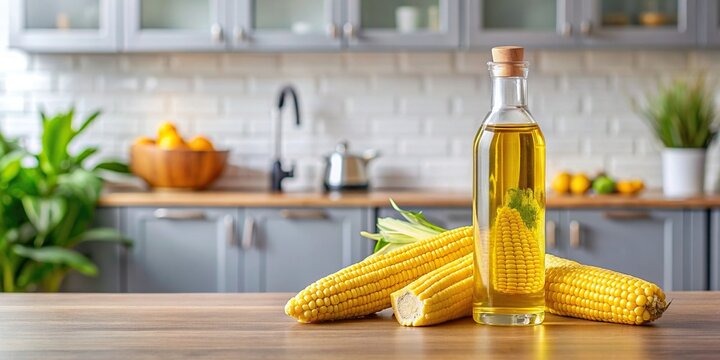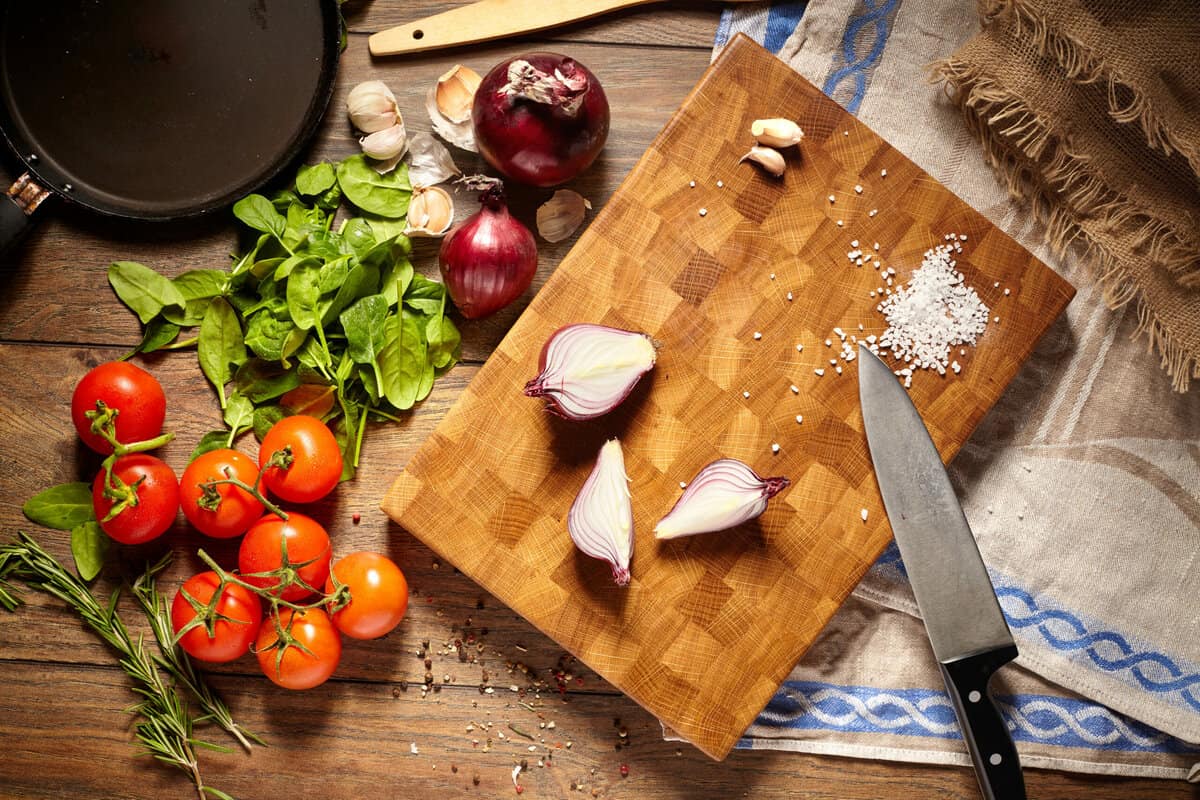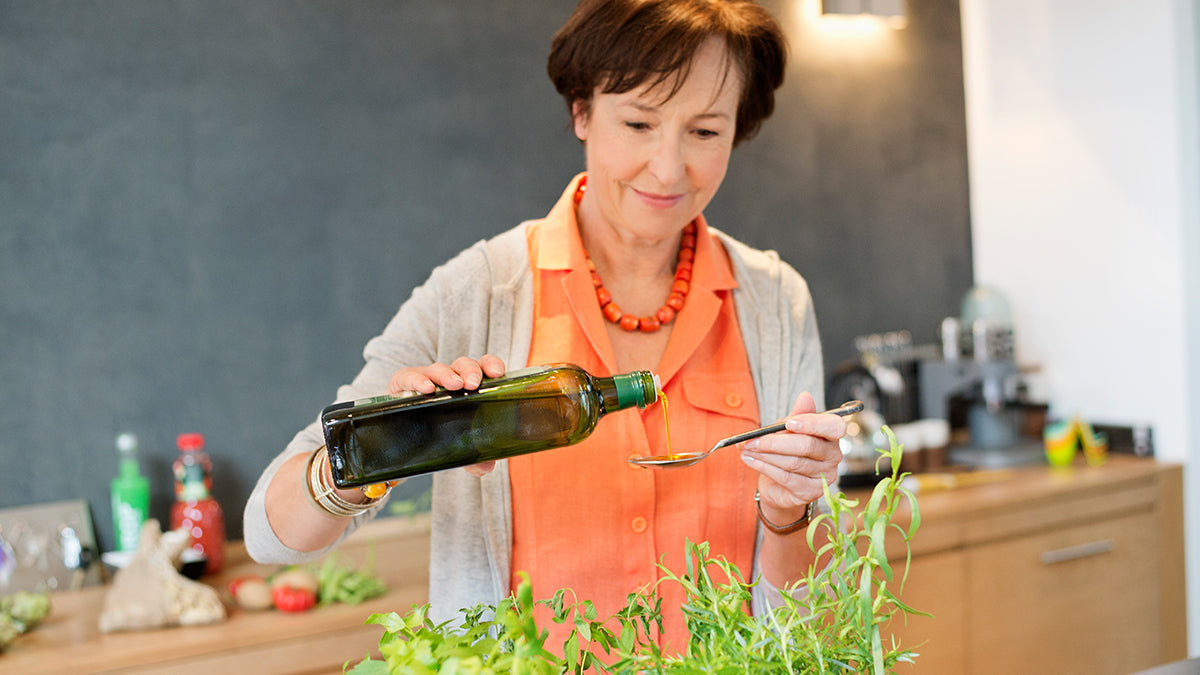In the grand tapestry of today's connected world, palm oil is an ingredient that silently weaves its way through almost every aspect of our daily lives. From the foods we eat to the personal care products we use, palm oil is ubiquitous. But why should we be cautious about palm oil? Whether you are a conscious consumer, a kitchen professional, or someone keen on health and sustainability, this comprehensive article will show you how to identify and avoid palm oil effectively.

Why Is Palm Oil a Concern?
Before diving into how to avoid palm oil, it's crucial to understand why it has become a pressing concern. The production of palm oil is heavily linked to a slew of environmental issues such as deforestation, habitat destruction, and loss of biodiversity. Additionally, many plantation practices lead to human rights abuses.
For more insights on the environmental impact of palm oil, you may visit WWF's comprehensive guide on palm oil.

Hidden Sources of Palm Oil
In Food Products
Palm oil often masquerades under different names. Here are some common aliases to look out for on product labels:
- PalmKernel
- PalmKernel Oil
- Palm Fruit Oil
- Fractionated Palm Oil
- Glyceryl Stearate
In Personal Care Items
Similarly, palm oil hides in many personal care items under names like Cetyl Alcohol, Cetearyl Alcohol, and Sodium Lauryl Sulfate.
In Cleaning Products
Even household cleaning supplies such as laundry detergents and dish soaps can contain palm oil derivatives. Keep an eye out for Sodium Laureth Sulfate and Stearic Acid.

How to Avoid Palm Oil in Your Daily Life
Read Labels Diligently
When shopping, always check the ingredient list. Be wary of the aliases mentioned earlier. Familiarizing yourself with these names can help you make informed choices.
Opt for Certified Sustainable Products
Look for products labeled with certifications such as RSPO (Roundtable on Sustainable Palm Oil). These certifications indicate that the palm oil was produced responsibly.
DIY and Homemade Alternatives
Making your own beauty and cleaning products can be a fun and empowering way to ensure they're palm oil-free. For example, you can make simple lotions with coconut oil and essential oils.
Support Local and Artisanal Brands
Many small-scale, local producers offer products that are palm oil-free. These businesses often prioritize sustainability and quality over mass production.
FAQ
Why is palm oil so prevalent?
Palm oil is cost-effective and has a high yield, making it an attractive ingredient for manufacturers globally.
Are there any health benefits to avoiding palm oil?
Avoiding palm oil can lead to a diet lower in saturated fats, which is beneficial for heart health.
Is all palm oil bad?
Not all palm oil is equally harmful. Responsibly sourced palm oil, albeit hard to find, minimizes environmental and social impacts. Certifications like RSPO can help identify these sources.
Interested in more sustainable kitchen tips? Check out kitchen wall tiles for an eco-friendly kitchen makeover.
As an Amazon Associate, I earn from qualifying purchases.






Leave a comment
This site is protected by hCaptcha and the hCaptcha Privacy Policy and Terms of Service apply.